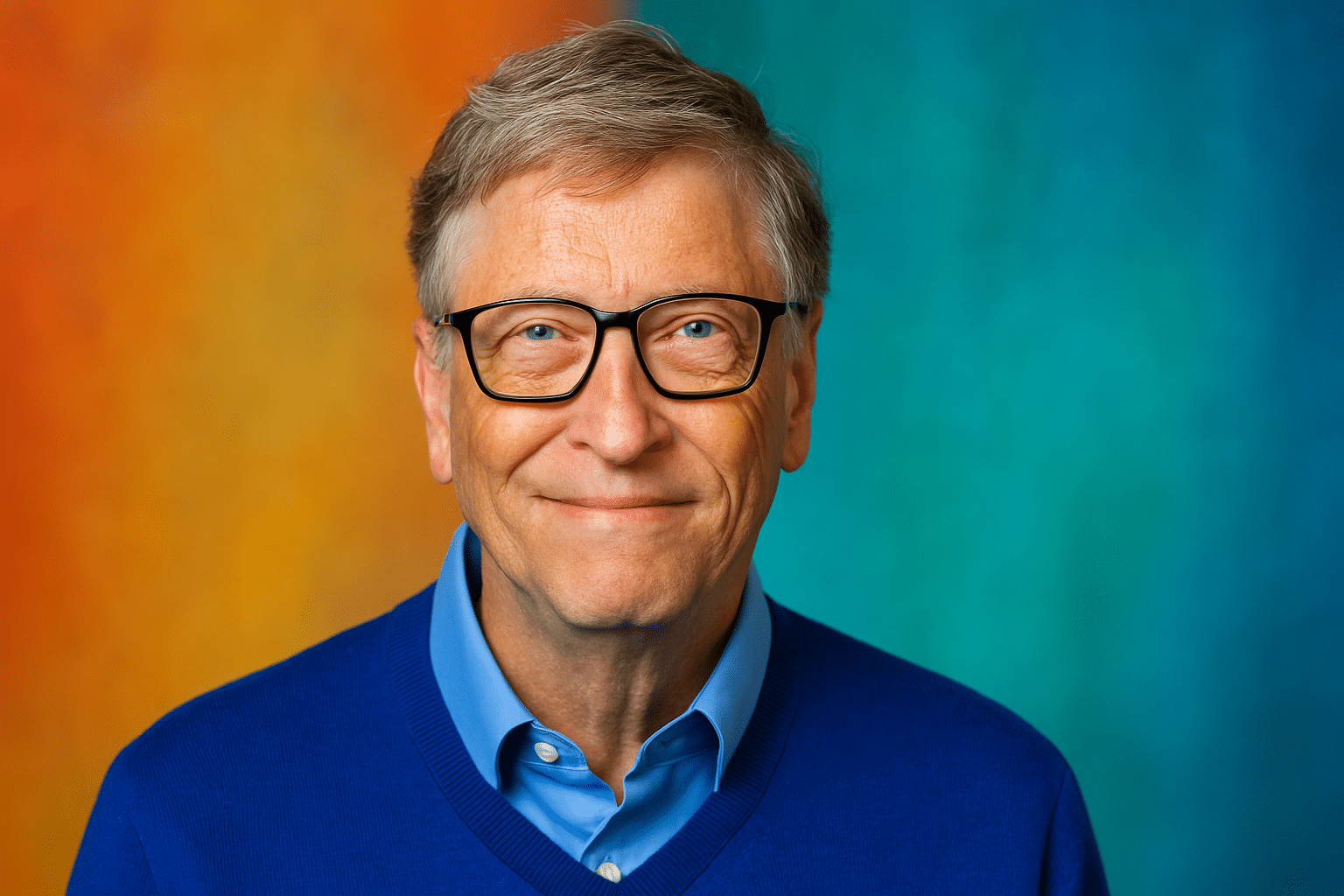In a recent conversation with The Indian Express, Bill Gates provided an expansive view on the future shaped by artificial intelligence (AI), climate change, and philanthropy as the world grapples with significant changes. His insights touch on the potential transformation of employment and economic structures in a rapidly evolving digital landscape.
When discussing the future of work in an AI-driven world, Gates suggested a paradigm shift that goes beyond traditional job reskilling and economic transitions. He raised the possibility of a “post-labour world,” where AI could relieve people from the burdens of conventional jobs, enabling them to pursue other interests and enrich their lives. Gates noted, “We cannot conceive,” of what that world will look like, highlighting the uncertainties that accompany such a drastic change in the employment landscape.
As AI continues to develop, its impact is expected to first manifest in sectors that rely predominantly on software, such as education, healthcare, and legal services. In contrast, he indicated that physical labour roles may remain more stable for the time being due to the slower progression of robotics technology. Gates explained that AI’s capacity to scale is paramount, making professions like teaching, journalism, and programming susceptible to major transformations sooner than manual jobs.
Should AI enhance efficiency in these sectors, one envisioned consequence could be a significant reduction in living costs. Gates suggests that with AI providing services at minimal or even no cost, financial pressures on individuals could diminish. In this scenario, material needs would still exist, but their fulfilment might become substantially less expensive, leading to what he describes as “deflationary abundance.” This raises the critical question of how individuals will secure their livelihoods in a system where working may no longer be necessary for survival.
While Gates did not explicitly reference universal basic income (UBI), the implications of his thoughts suggest the need for new frameworks for wealth distribution in a potentially jobless economy. One proposed method of funding such initiatives could stem from taxing highly profitable AI-driven enterprises. Moreover, there are ideas around creating public ownership of AI tools, allowing citizens to receive dividends from productivity increases.
The conversation also explored the role of work in shaping identity, purpose, and societal contribution. Gates outlined that as AI frees individuals from traditional employment, society may need to redefine these constructs. People could turn their attention to various pursuits such as art, science, or community engagement, fostering a reevaluation of what constitutes a fulfilled life.
Gates further elaborated on how the current advancements in AI could mirror the revolution brought about by personal computing, which democratized access to technology. He posited that as AI becomes more accessible, it could similarly level the playing field across different social and economic demographics.
Concerns linger regarding the consolidation of wealth and power in the hands of a few AI corporations. Gates acknowledged this risk but remained optimistic. He believed that if AI services become widely accessible and nearly free, the overall quality of life could improve significantly for all individuals.
Turning to India’s role in the global AI landscape, Gates expressed optimism about the country’s ability to engage with developing technologies. He indicated that India does not necessarily need to create its foundational models from scratch to benefit from AI advancements. The availability of open-source models and shared resources enables countries like India to adapt existing technologies to their specific needs. Gates described the current situation as presenting a chance for India to enhance its capabilities in AI swiftly, asserting that the gap between nations in this space is narrowing.
In conclusion, Gates’ comments signal a shift in narratives regarding AI—moving from a focus on domination by select major players to a landscape of openness and collaboration. The rise of open-source initiatives and community-driven projects is empowering researchers and entrepreneurs globally, including in India, to engage in the AI economy actively. Gates implied that the future lies not in merely catching up but in creatively adapting existing frameworks to meet local challenges, particularly in a diverse country like India.
Subscribe
Sign-up to receive our newsletter

